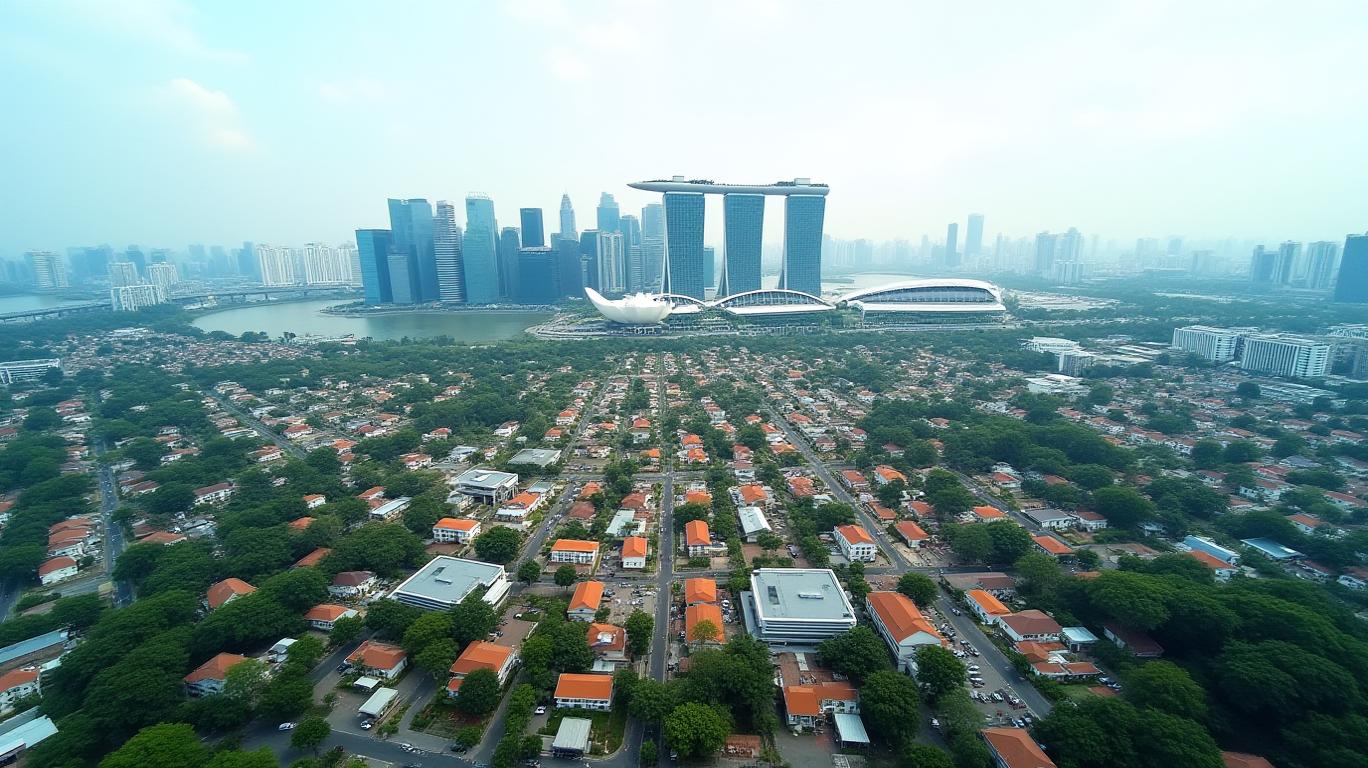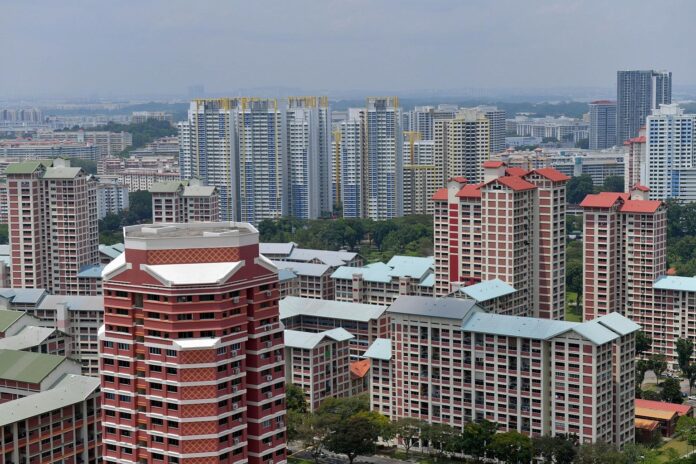Leasehold tenure is one of the most important factors buyers consider when evaluating property investments in Singapore. While freehold ownership is often seen as the ultimate goal, most of the city’s residential developments are leasehold due to limited land availability.
Still, leasehold properties remain highly desirable because of their accessibility, location, and modern design. Developments like River Modern demonstrate how long leasehold projects can offer both luxury and investment stability when planned and maintained effectively.
1. Understanding Leasehold Tenure and Its Lifespan

In Singapore, leasehold properties typically come with 99-year leases, though some may extend to 103 or even 999 years. Once the lease expires, ownership of the land and building reverts to the state.
This time-bound structure can influence property value as the lease shortens. In general, properties with more than 70 years remaining on the lease tend to hold their market value well. However, as the tenure falls below 60 years, banks may offer smaller loans, and resale demand can gradually weaken.
Despite this, the effect of tenure on value is not uniform—it depends on the property’s location, design, and developer reputation. Well-built projects with excellent amenities, like River Modern, often continue to attract buyers even as they age, because their desirability offsets tenure limitations.
2. Factors That Sustain Value in Leasehold Properties

Not all leasehold homes depreciate at the same rate. Properties located in central or riverfront districts tend to maintain demand due to their proximity to key amenities, transport links, and lifestyle attractions.
Developments such as River Modern are a good example. By combining prime location with modern architecture and sustainable features, they ensure long-term appeal to both residents and investors. High-quality design, smart home integration, and energy efficiency enhance livability, helping the property stay competitive over time.
Government infrastructure projects also play a crucial role. When new MRT stations, schools, or commercial hubs are introduced near leasehold estates, property prices often appreciate despite the lease countdown. This external growth can offset the natural depreciation caused by tenure reduction.
In essence, a well-located and well-managed leasehold property can outperform many freehold ones in both rental yield and resale value, proving that tenure is only one part of the bigger investment picture.
3. Strategic Considerations for Buyers and Investors

For long-term investors, understanding the lease timeline is key to making informed decisions. Buyers should assess the remaining lease at the time of purchase and compare it with their intended holding period.
Newer leasehold developments generally provide the best balance between affordability and longevity. They allow owners to enjoy decades of use while benefiting from modern facilities and contemporary design.
Investors should also look out for the possibility of en bloc redevelopment. Older leasehold projects in high-demand areas may be collectively sold to developers for redevelopment, providing owners with substantial returns before the lease expires.
By focusing on projects with strong fundamentals—good location, reputable developers, and community-driven design—buyers can mitigate the effects of a diminishing lease and secure long-term value.
Conclusion
Leasehold tenure may limit ownership duration, but it doesn’t automatically diminish property value. The key lies in quality, location, and continuous demand. In Singapore’s dynamic market, well-planned developments with strong appeal can thrive for decades, regardless of tenure length.
Projects like River Modern prove that a thoughtfully designed leasehold property can offer both immediate comfort and sustainable investment potential. For savvy buyers, understanding how tenure interacts with value ensures smarter, future-ready decisions in Singapore’s ever-evolving real estate landscape.




